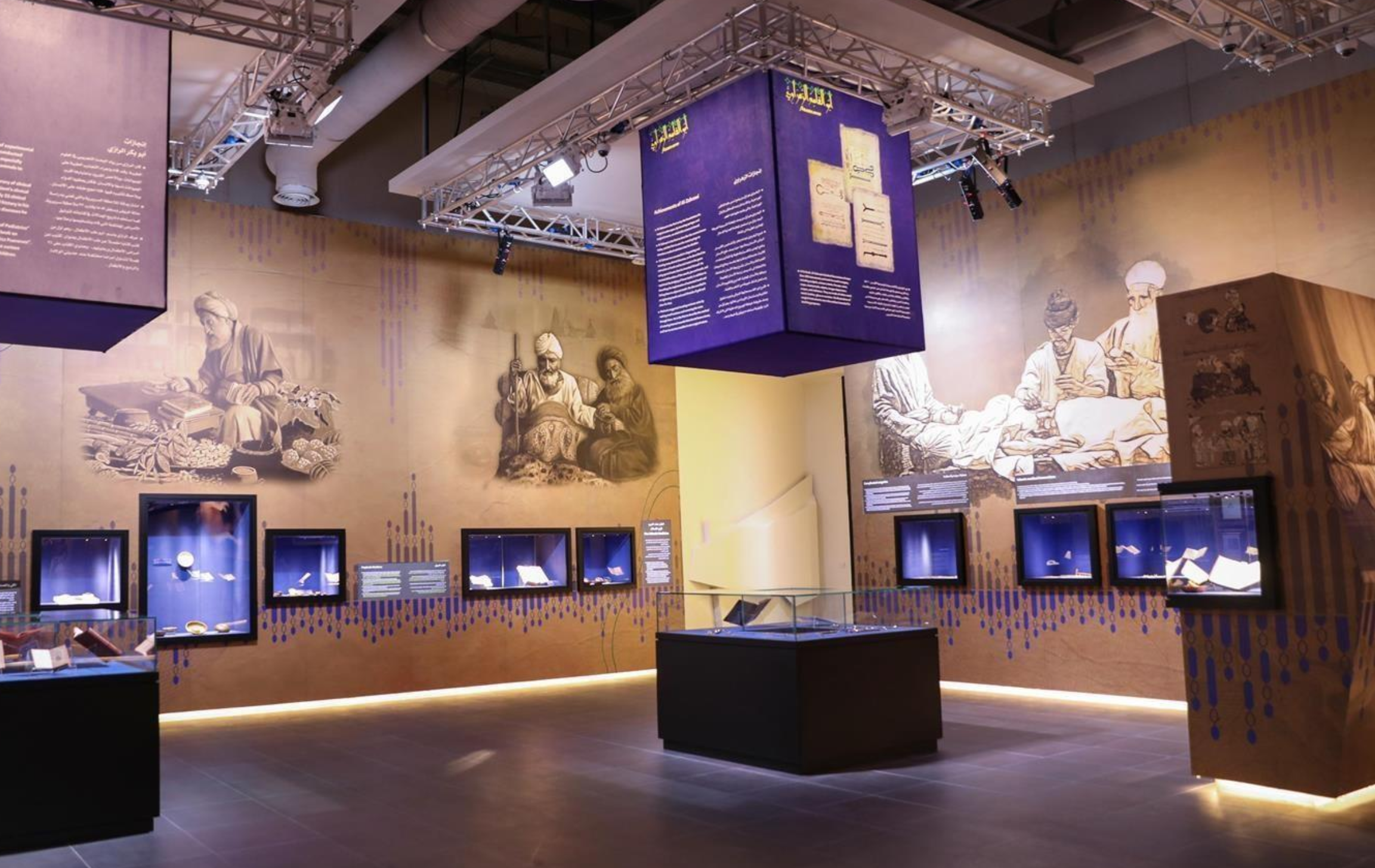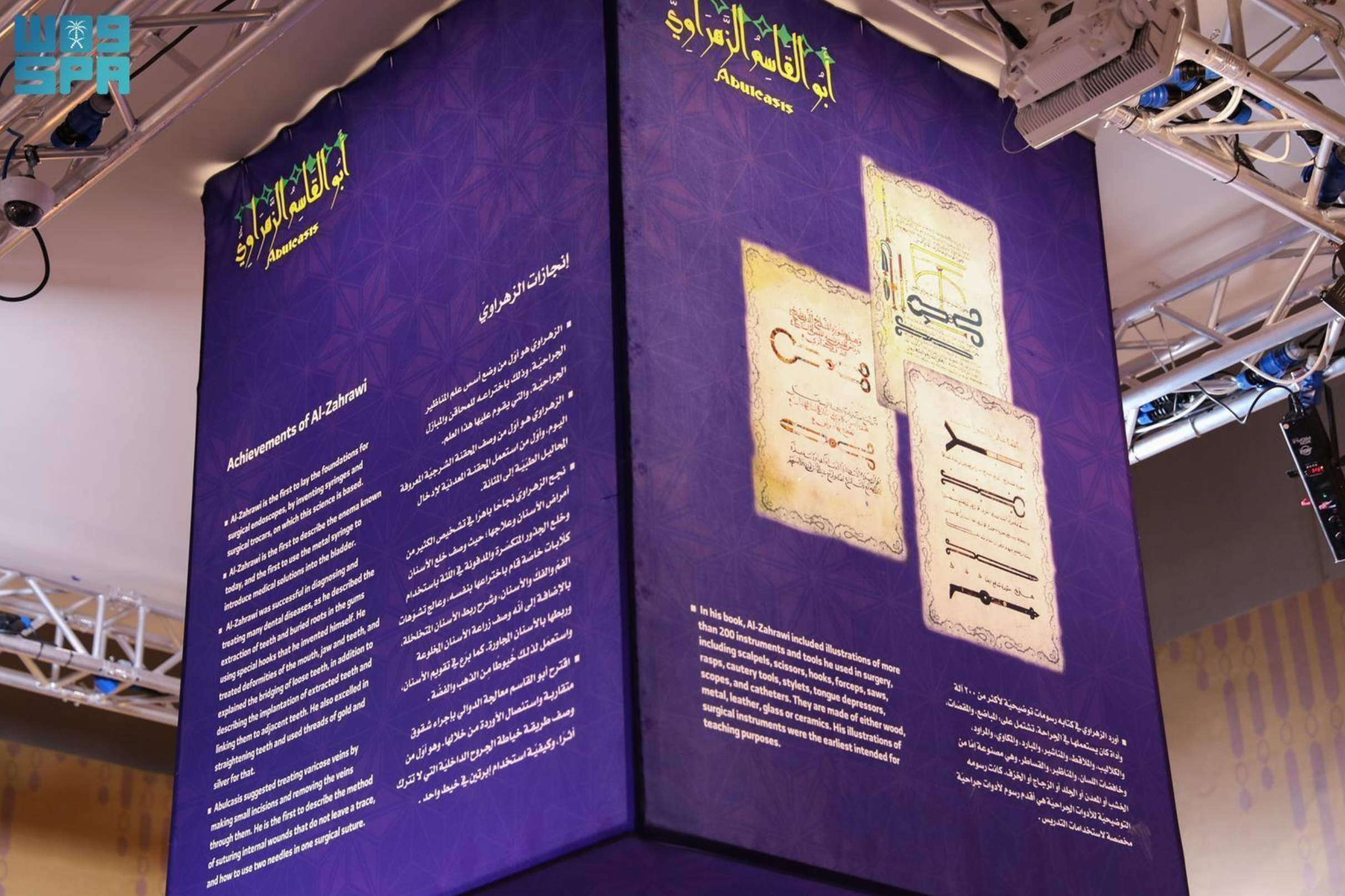
Alshifaa Museum: A Beacon of Islamic Medical Heritage in Jeddah
Museums in the Kingdom of Saudi Arabia are vital custodians of its rich history and diverse heritage, enriching the cultural landscape, fostering community engagement through educational and recreational activities, and serving as significant tourist attractions that bolster economic development.
Among Jeddah's most distinguished cultural institutions is Alshifaa Museum, a pioneering establishment dedicated to highlighting the profound contributions of Muslim scholars to the advancement of medicine, surgery, and pharmacology.
Alshifaa Museum is the first of its kind to document the pivotal roles Muslim scholars played in the renaissance of medical science, including disease discovery, diagnosis, treatment, translation, and authorship. Housing 1,000 artifacts from across the Islamic world, the museum offers a comprehensive journey through centuries of medical innovation.
Special pavilions are dedicated to the groundbreaking work of four celebrated figures of Islamic civilization: Abu Bakr Al-Razi, Ibn Sina, Abu Al-Qasim Al-Zahrawi, and Ibn Al-Nafis. These scholars made significant advances across all fields of medical science during the Golden Age of Islamic civilization. Their discoveries, theories, and writings shaped the foundations of medical education and treatment in major universities and hospitals around the world for centuries, continuing to influence medical practice to this day.
Each section of the museum delves into specific aspects of medical science where Muslim scholars and physicians made indelible contributions. Visitors can explore dozens of rare original manuscripts, printed books, and a remarkable collection of medical, surgical, and pharmaceutical instruments from the era.









